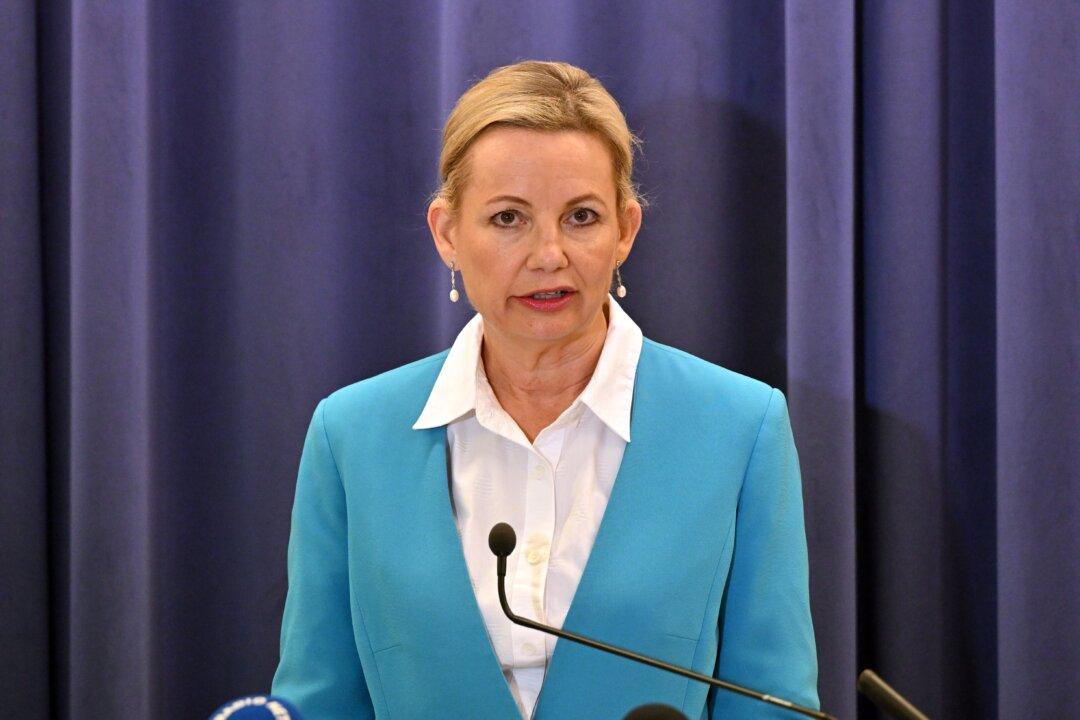Deputy Opposition leader Sussan Ley said she believes the government “has given up” on trying to control inflation.
“As I listened to the Treasurer yesterday, I felt that the government has given up. There was a shrugging of the shoulders, what more can we do attitude. But absolutely no plan to address the key issue here, which is inflation,” she told Sky News Australia on June 7.





